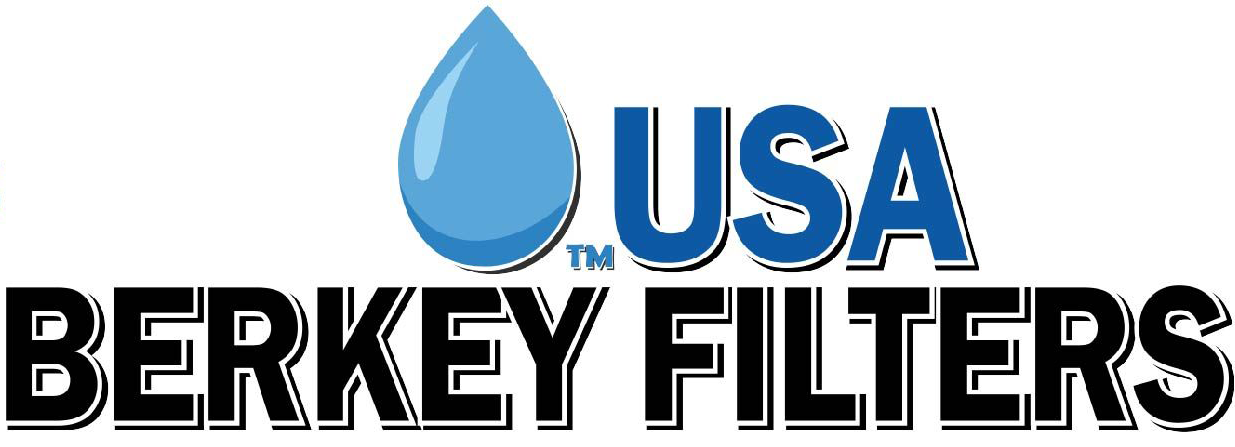Since the launch of the Black Berkey® Purification Elements, we have been answering the question,
Do Black Berkey® Purification Elements Remove Chlorine From My Pool Water?
There are numerous factors that contribute to the answer, although it gets technical because of the amount of factors.
Here’s what New Millennium Concepts, Ltd. (the manufacturer of the Black Berkey® Purification Elements) tell us in response to this popular question:
According to the Federal Emergency Management Agency (FEMA), the following are listed as sources not recommended for drinking water:
- Radiators, hot water boilers (home heating systems)
- Water from the toilet bowl or flush tank
- Waterbeds
- Swimming pools and spas
Chemicals and contaminants commonly found in swimming pools include the following: pH increaser, pH decreaser, alkalinity increaser (sodium bicarbonate, baking soda), alkalinity decreaser (muriatic acid, sodium bisulfate), calcium hardness increaser, chlorine, bromine, biguanide, cyanuric acid, ammonia, saltwater, bacteria and other pathogens, algae, insects, and animal waste. The presence and concentrations of these chemical contaminants are dependent upon several factors including the types of pools, types of disinfectants used, disinfectant dosages, bather loads, temperature, and the pH of swimming pool waters.
The Black Berkey® Purification Element has been rigorously tested by independent third-party labs for the removal or reduction of contaminants such as herbicides, inorganic non-metals (including chlorine, and chloramine), pathogenic bacteria, parasites, pesticides, perfluorinated acid compounds, petroleum, pharmaceuticals, radiologicals, trihalomethanes, viruses, and volatile organic compounds.
In conclusion, New Millennium Concepts, Ltd.’s position on chlorine in a water source is that according to the test data, the Black Berkey® Purification Element appears to reduce greater than 99.9% of chlorine. With that being said, we do believe the elements will remove a chlorine threat given the facts of the test data. However, we would not recommend drinking pool water for regular consumption as it may contain additional contaminants or chemicals other than chlorine that may or may not have been previously tested by our vast catalog of independent third-party testing. – NMCL Knowledge Base
That’s quite a mouthful!
Essentially, that answer is the drawn-out version of what we’ve been telling our wonderful customers for years!
Fun fact: That question typically comes from our customers in Arizona, California, Florida, Nevada, and Texas.
We strongly recommend keeping emergency 55-gallon drinking water drums that are sealed, regularly maintained, and kept in a cool, dry, secure location. If you don’t have the space for 55-gallon drums, then store what you can where you can, ensuring that your drinking water is stored in such a place and in a condition that has a high likelihood of accessibility when needed. From my experience with helping others during Hurricane Harvey (here in Houston in 2017), inaccessible supplies during your time of need sucks!
In our experience, pool water is and can be very useful for other applications of water during an emergency such as bathing, cleaning equipment, plates, utensils, disposing of waste, washing clothes, etc.
From time to time, people also ask about boiling pool water. We remind them that boiling causes water to evaporate and the chemicals and compounds in the pool water will become more concentrated as water is lost to evaporation.
If you have a story or an experience with having to use an unusual water source during an emergency, feel free to share it with us at [email protected].


